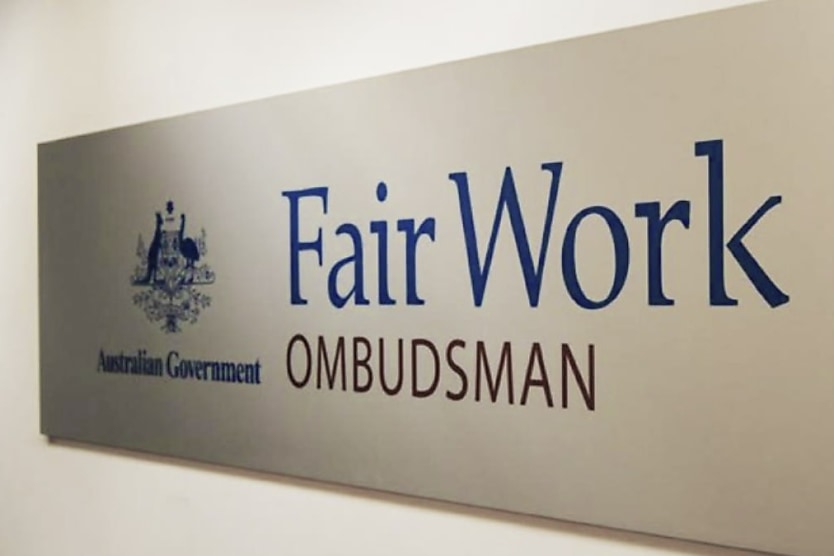
The Fair Work Ombudsman has, for the second consecutive year, recovered more than a half billion in underpayments. How can you avoid underpaying your employees?
Getting up to speed
The Office of the Fair Work Ombudsman (OFWO) is an independent statutory agency that enforces compliance with Australia’s workplace laws. In its most recent reporting period of 2022–2023, the OFWO secured back payment for 251,475 workers across Australia to the tune of $509 million.
Back pay is the amount owed to an employee after an underpayment, often arising from clerical errors, wrongful termination, and unpaid bonuses.
This was the OFWO’s second-largest annual recovery amount since it was brought into existence under the Fair Work Act in 2009. The recovery activities came about through a combination of reporting from employees, self-reporting from large employers, as well as investigations independently initiated by the OFWO.
According to the OFWO’s recent annual report, the organisation’s priority for 2022–2023 was “supporting workers and businesses coming out of the COVID-19 pandemic.”
Let’s look at who the biggest offenders were, what kind of contraventions the OFWO targeted, and consider how employers can protect themselves and their employees by meeting their payment obligations.
Targeted compliance
The FWO-initiated activities were driven by “targeted compliance”, which includes the identification and monitoring of “high-risk” industries, particular geographic regions, and certain employers.
At an industry level, the OFWO targeted the following sectors:
- Fast food, restaurants, and cafes
- Agriculture
- Large corporate and university sectors
- Contract cleaning
While the OFWO’s recovery activities address all kinds of employers, in 2022–2023, nearly half the annual recovery amount and the majority of repaid workers came from corporations that earn $250 million or more per year.
Further, migrant workers continue to be disproportionately affected by underpayments, with 600 of the 14,309 anonymous reports being made in languages other than English – mostly traditional and simplified Chinese.
The types of contraventions most commonly targeted by the OFWO in 2022–2023 related to underpayment of hourly rates, failures to correctly pay weekend penalty rates, and advertising pay rates in contravention of the FW Act.
Doing better
As noted by fair work ombudsman Anna Booth, “[the OFWO’s] investigations and enforcement actions send a clear message – all employers must place a higher priority on ensuring they are meeting all their workers lawful entitlements, including by improving their payroll and governance and investing in advice”.
Underpayment costs employees and offending employers alike. Under proposed new federal wage theft laws, employers who deliberately underpay workers could be jailed for up to 10 years and fined up to $7.8 million.
As noted by Charles Power, partner at Holding Redlich: “Underpaying staff can have severe consequences for businesses and can result in financial penalties, cash flow pressure, high staff turnover, and reputational damage.”
“For staff,” Mr Power continued, “it can lead to decreased workplace motivation, absenteeism, and high stress”.
That said, employers often don’t even know they’re underpaying their employees. Wage theft can result from ignorance just as much as avarice.
“Usually, underpayments occur when employers do not understand their payroll obligations or do not have administrative procedures in place to ensure compliance,” said Mr Power.
According to Holding Redlich, the most common forms of underpayments and payroll errors that come before them arise from:
- “Set and forget” use of annualised salaries and loaded-up pay rates.
- Outdated payroll and timesheet systems.
- Staff working overtime or using penalty rates that are not recorded.
- Superannuation guarantee not being correctly paid.
- Employees not being paid their minimum shift requirement.
- Staff taking breaks too late or too early in their shift, causing issues with split shifts.
- Incorrectly classifying an employee or using the wrong award rate.
How can employers make sure they’re meeting the pay entitlements of their employees? According to Optimum Legal, employers should consider doing the following to avoid wage theft:
- Consider a single-touch payroll system.
- Ensure correct employee classification.
- Understand the minimum requirements.
- Be proactive if a mistake occurs.
Nick Wilson
Nick Wilson is a journalist with HR Leader. With a background in environmental law and communications consultancy, Nick has a passion for language and fact-driven storytelling.










